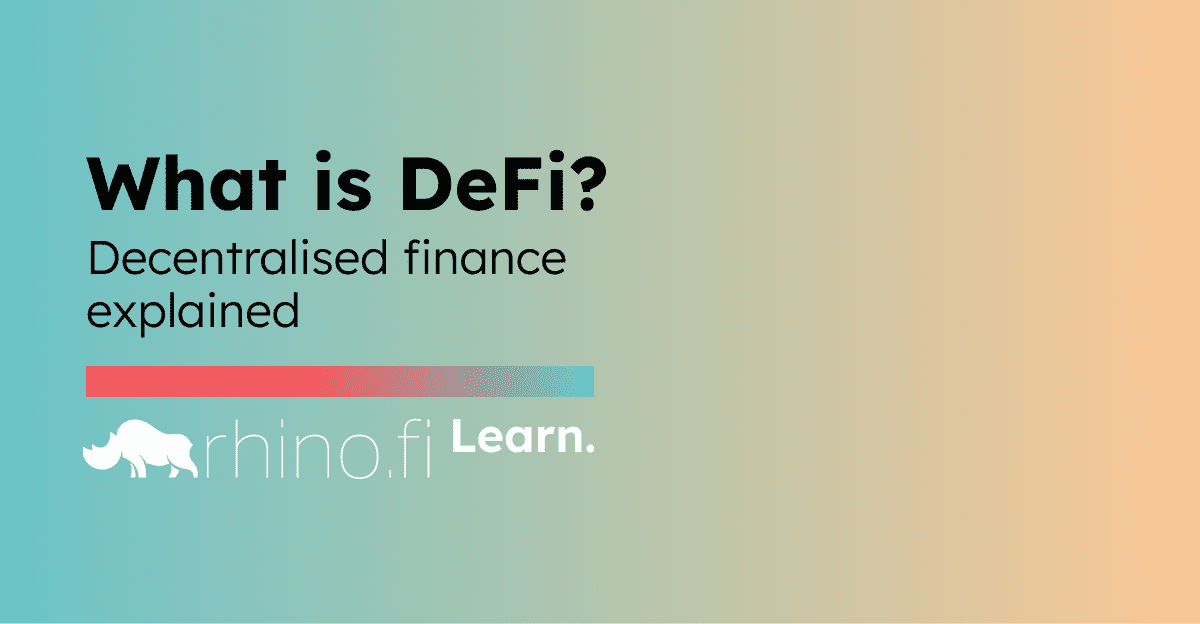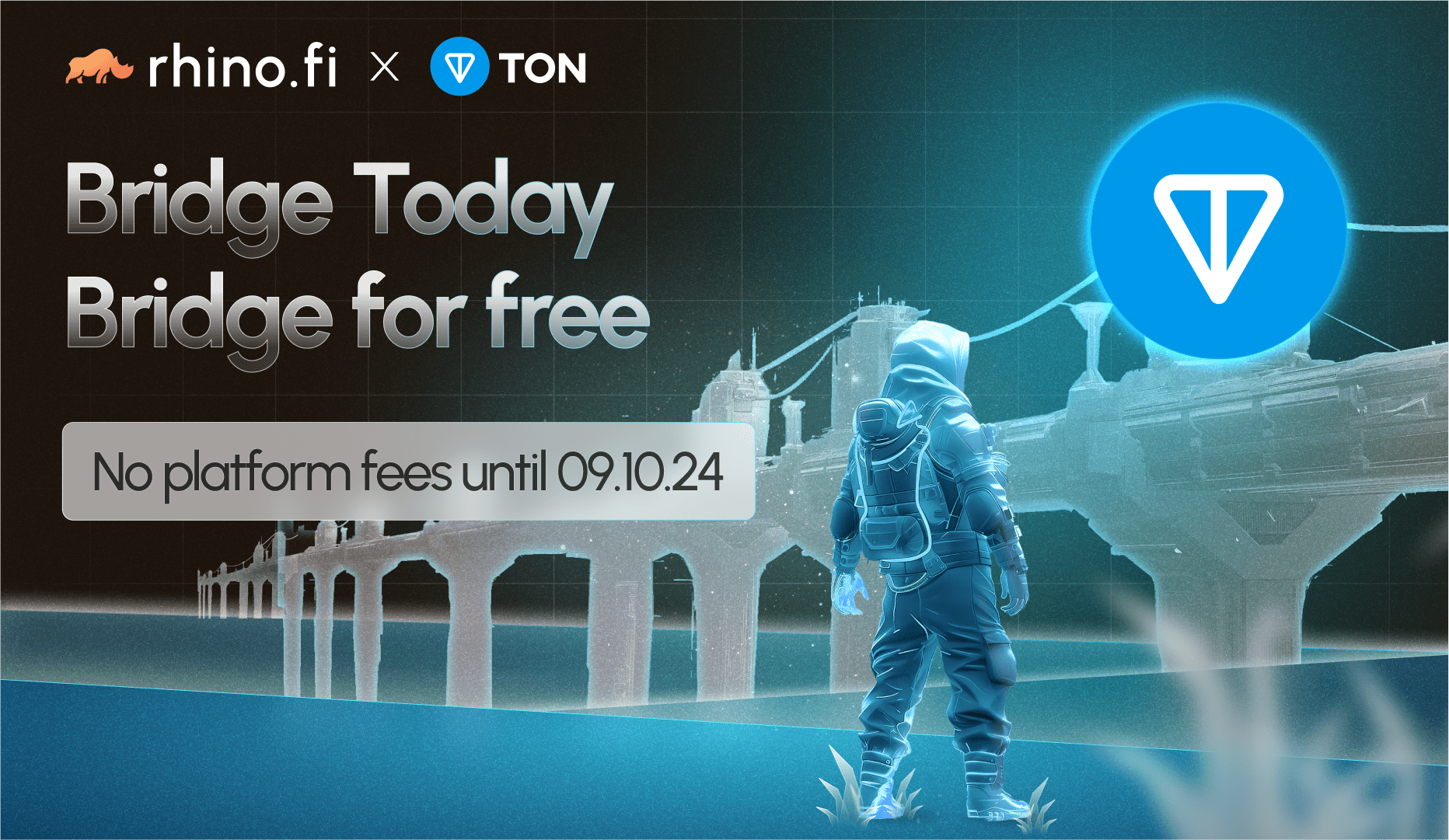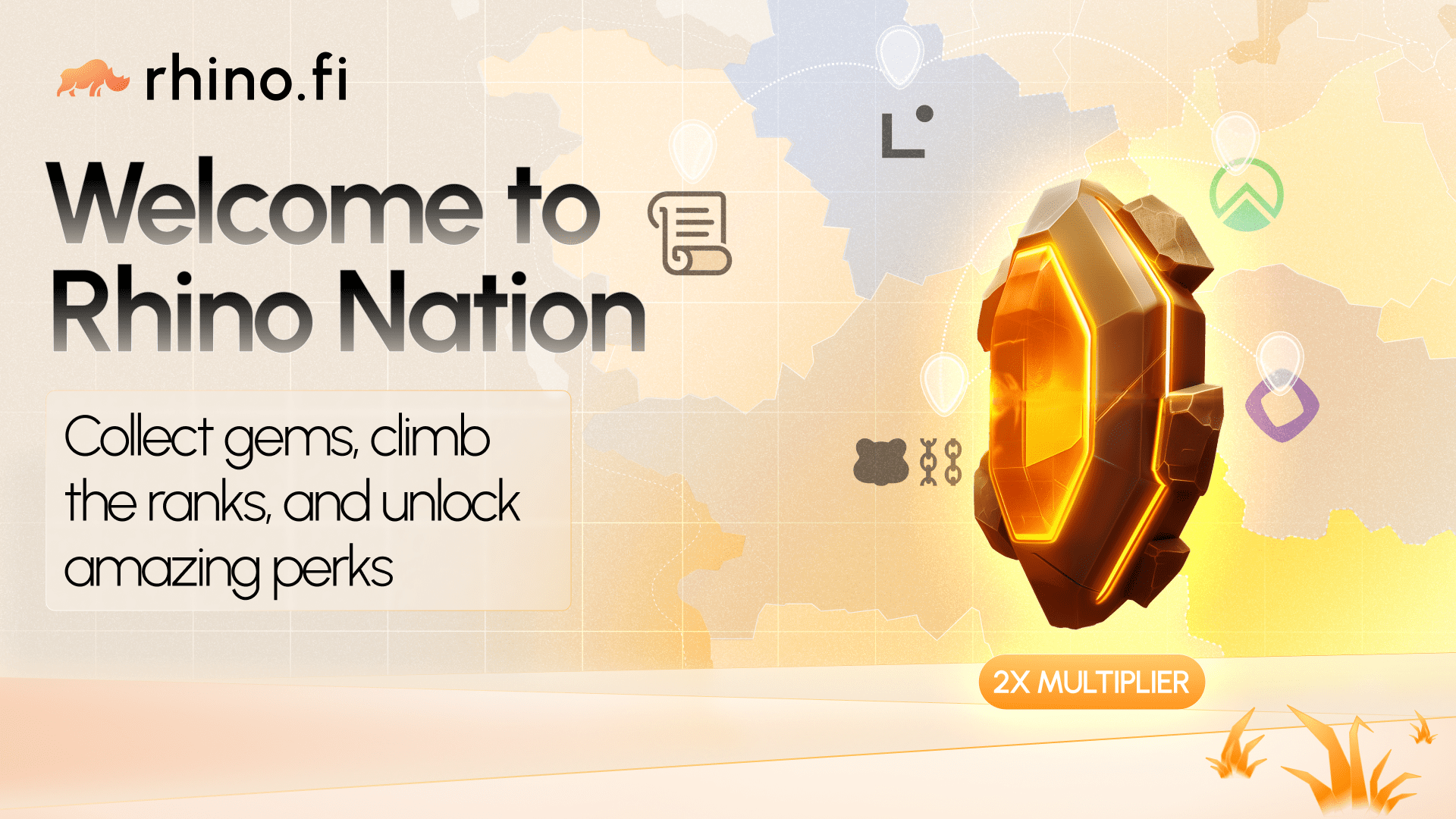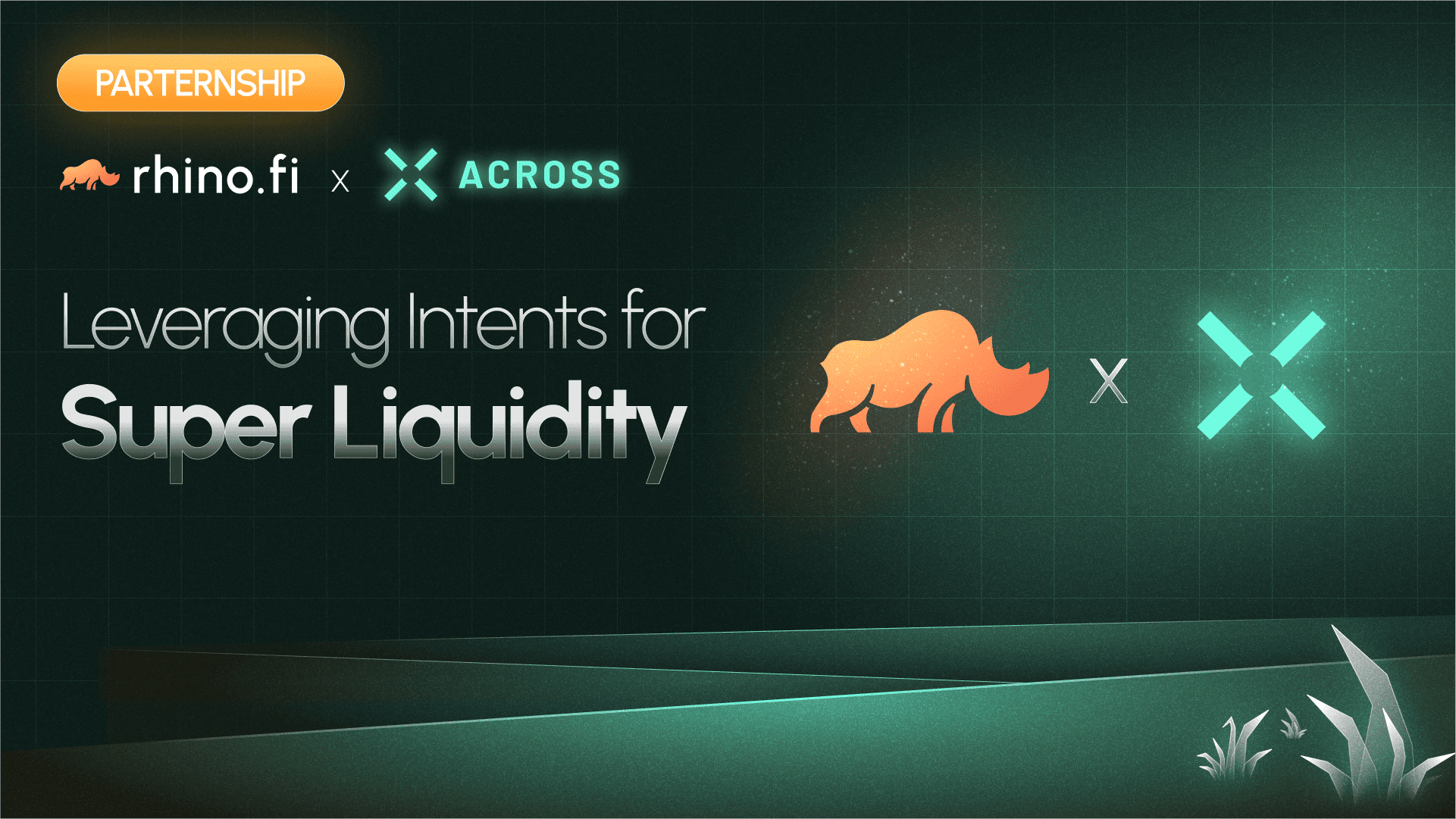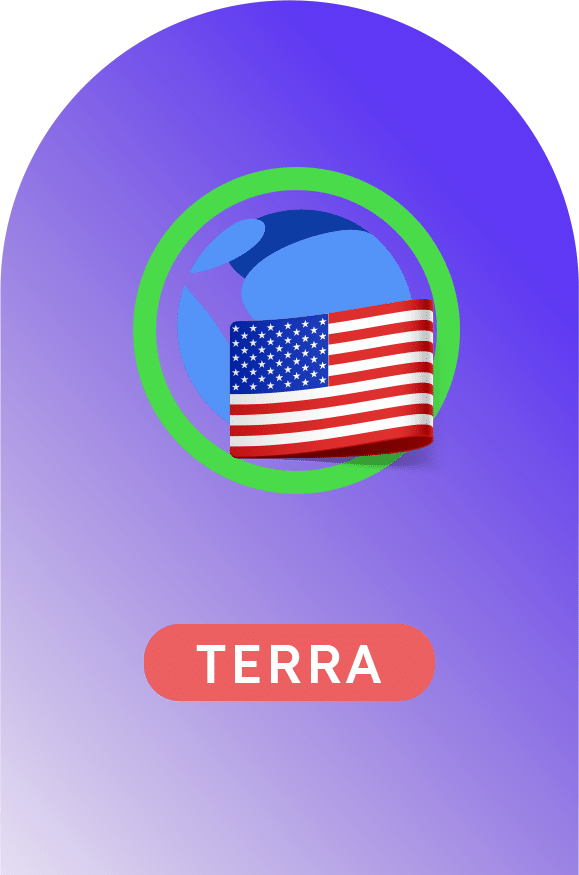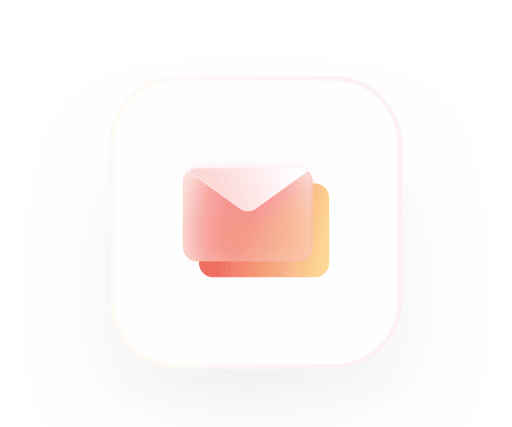With decentralised finance, the clue’s kinda in the name. It refers to financial products that are provided without a central person or institution to oversee the process.
So, in the old days, when you took out a loan or mortgage you had to go to a bank. If you wanted to invest, you generally went through a broker. Even opening a savings account was impossible unless another person gave you the green light.
But DeFi replaces these human intermediaries with blockchain technology, specifically smart contracts, self-executing computer programmes which are trained to perform specific actions once certain conditions are met. If you meet the criteria for a financial service, the smart contract is trained to provide this service automatically.
By removing human intermediaries from the process, smart contracts can keep service fees to a minimum, replacing thousands of people with a few lines of code. They provide three other major advantages, too:
1. They’re impartial. Human societies are inherently biased and often ‘lock out’ certain people based on their race, demographics or personal history. Smart contracts are fair to everyone, all the time.
2. They’re unstoppable. Projects that run on smart contracts work 24-7-365 and they can’t simply be censored by malicious actors.
3. They’re universal. To access a blockchain, you simply need an internet connection; there’s no need to visit a bank, broker or any other institution. Even if you live in a remote mountain village, you can do everything with basic WiFi.
According to statistics released in 2021, around 1.7 billion people around the world (over 20% of all the people on the planet) don’t have a bank account. DeFi allows this vast unbanked nation to bridge the financial gap.
Ok, that’s the ‘what is DeFi’ question answered. So how did DeFi evolve?
DeFi is the product of over 5,000 years of financial evolution, from when the people of Babylon began using temples to store their money.
In those 5,000 years, we’ve developed a complex system that facilitates the movement and allocation of capital, with the aim of growing economies and generating returns for capital holders. This includes activities such as payments, exchange, investment, borrowing, and lending. It also includes all products that can be derived to support these activities, such as insurance, leveraged products and futures trading.
You probably don’t deal with these terms on the daily (unless you work in a financial institution, anyway) but you almost certainly use the systems they describe. Whether paying with your debit card at the supermarket, or performing more complex transactions like investing pension contributions, it’s all part of the financial system.
However, there’s a problem.
All these financial systems are run by central bodies, which decide the actions they take.
So, for example, a central bank decides the interest rate on the currency you use, while your own local bank is controlled by a board of directors, who decide on lending and overdraft policies.
Now this may seem convenient: someone is looking after your money at a local level, while global financial decisions are being made by experts.
However, these people don’t always make good decisions.
Think about the U.S. Federal Reserve’s stimulus programme. At the start of Covid-19, America’s central bank embarked on a huge programme of money-printing. By the end of 2020, more than 20% of all the dollars in circulation had been printed that year.
The programme was designed to kickstart the economy, but it also created inflationary pressures for the person in the street. With all this dollar-printing, an item that had previously cost $1 jumped to $1.20. And why? Because a bunch of old guys in a room in the U.S. said so! All these so-called experts had made a decision that was short-sighted at best and reckless at worst.
Sometimes, these people make harmful decisions not because of stupidity, but because of prejudice. In the U.S., for example, banks have been forced to hand over millions of dollars in fines for discriminating against black loan applicants. In the U.K., only 4% of people over 50 believe they could take out a new mortgage because ageism is so prevalent within the current system.
And beyond all those mistakes and malicious actions, there’s a basic problem with how your bank or broker handles your funds.
Whilst your funds are kept safe, you cannot move them without the bank’s cooperation. Likewise, your investments are tied up by your broker; you can’t move them to a different broker or access the market directly. Even if your money is in good hands, this creates a vast amount of unnecessary and potentially dangerous trust.
Right, so where did DeFi come from?
In 2009 the concept of the blockchain was introduced to the world with the creation of Bitcoin.
However, this core logic can be extended to all kinds of financial instruments, including:
- Advanced trades.
- Passive investments.
- NFT purchases.
- Derivatives such as options and futures.
- Loans.
- Mortgages.
- Real estate transactions.
And that’s just the start.
Because these financial programs and products do not require a single party to operate them, they have no single point of failure – so they’re incredibly resilient.
Another huge benefit is that these systems are permissionless, which means that anyone in the world can access them on equal terms.
However, the true reason why DeFi matters is that no genius mind or company can compete with the innovation that is unleashed when everyone in the world is able to build, contribute and use a system.
DeFi allows the entire planet to take ownership of the financial systems they use. This isn’t the future anymore; it’s the present.
The world is now more united than ever, and the move towards remote working in the wake of Covid-19 will only accelerate this trend. DeFi is perfectly tuned to this new reality.
